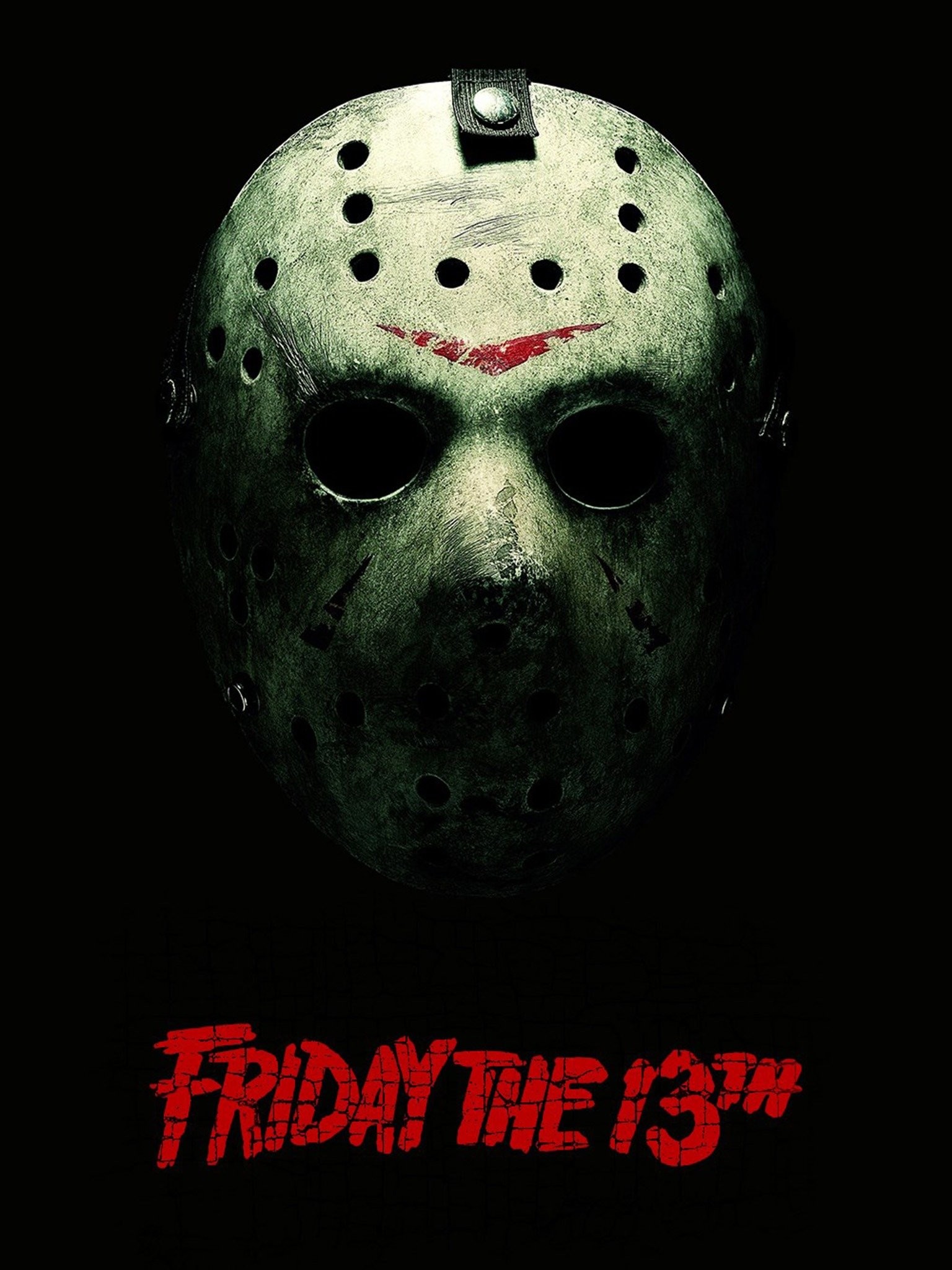Friday the 13th

Have you ever felt a shiver down your spine on a Friday the 13th? A creeping sense of unease, a subtle feeling that something bad is about to happen? For centuries, this date has been shrouded in superstition and fear, a day many associate with misfortune and bad luck. But where did this pervasive belief originate, and why does Friday the 13th hold such a powerful grip on our collective consciousness? Let's delve into the fascinating history and explore the intriguing psychology behind this infamous date.
The Roots of Superstition: Tracing the History of Friday the 13th
The origins of the Friday the 13th phobia, known as paraskevidekatriaphobia, are murky and intertwined with various historical and cultural influences. Some trace it back to the Last Supper, where 13 people were gathered before the betrayal and crucifixion of Jesus Christ, with Friday being the day of his death. Others point to the Knights Templar, a powerful medieval order, whose downfall in 1307, on a Friday, cemented the association of the number 13 with misfortune. The confluence of these events, steeped in religious and historical significance, contributed to the growing belief that Friday the 13th was inherently unlucky.
The Psychology of Fear: Why We Fear Friday the 13th
The power of Friday the 13th lies not just in its historical baggage but also in the workings of our minds. Confirmation bias plays a significant role; we tend to remember the negative events that occur on this day, reinforcing the belief that it's unlucky. The anticipation of misfortune itself can create a self-fulfilling prophecy, leading to increased anxiety and potentially impacting our behavior and decision-making, even unconsciously. This psychological element is crucial in understanding the enduring power of the superstition.
The Global Impact: Friday the 13th Across Cultures
Interestingly, the fear of Friday the 13th isn't universally shared. While prevalent in many Western cultures, several parts of the world don't attach the same negative connotation to the date. This highlights the cultural specificity of the superstition, suggesting that its enduring power is a result of learned behaviors and shared beliefs, rather than an innate human response. The variations in cultural responses offer a fascinating perspective on how fear and superstition are shaped and transmitted across societies.
Beyond Superstition: The Commercialization of Fear
The enduring popularity of Friday the 13th hasn't escaped the notice of marketers and the entertainment industry. The iconic horror franchise, naturally titled "Friday the 13th," is testament to the powerful draw of this date, capitalizing on the public's fascination with the macabre and the superstitious. This commercialization of fear speaks to the enduring potency of the Friday the 13th mythos, demonstrating its remarkable ability to transcend generations and cultural boundaries.
Embracing the Mystery: The Enduring Legacy of Friday the 13th
Whether you believe in the ill-fated nature of Friday the 13th or simply find it an intriguing cultural phenomenon, it remains a date that captures our imaginations and elicits a range of responses, from apprehension to amusement. The day's enduring legacy is a testament to the enduring power of superstition, the psychology of fear, and the remarkable ways in which historical events and cultural beliefs shape our perceptions of the world. Ultimately, the fascination with Friday the 13th reveals a deeper truth about human nature – our innate tendency to seek patterns, assign meaning, and grapple with the unknown.




No comments:
Post a Comment